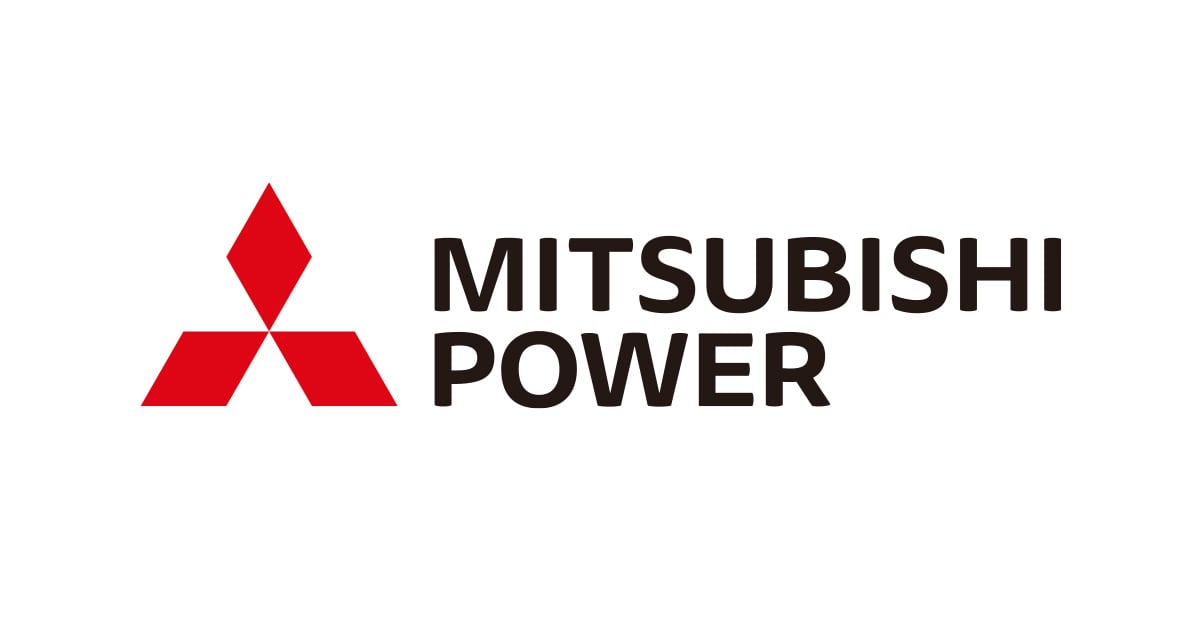Navigating Complexities: Industry Strategies for a Sustainable Energy Future
Key Ideas
- Industry leaders at CERAWeek 2025 are discussing strategies to tackle challenges in the global energy transition, emphasizing renewable energy and hydrogen solutions.
- The International Energy Agency provides actionable strategies in its World Energy Outlook to drive progress towards a sustainable energy future.
- Hydrogen is recognized as a critical solution for clean and reliable energy production, with projects like ACES Delta aiming to scale renewable solutions.
- Increased investment in clean energy technologies is crucial for innovation and resilience in energy systems, but there is a need for more equitable distribution of investments globally.
The global energy transition is facing significant challenges, such as regional conflicts, political shifts, and extreme weather events. Industry leaders are meeting at CERAWeek 2025 to discuss strategies for navigating these complexities and advancing towards a sustainable energy future. The importance of renewable energy sources, including hydrogen solutions, and equitable investment is emphasized to meet the growing demand for clean electricity. The International Energy Agency's World Energy Outlook provides actionable strategies for industry leaders to drive progress and enhance resilience on the path towards net-zero emissions. As power demand rises globally, the need for diversification of energy sources and fortification of infrastructure becomes crucial. Hydrogen is increasingly recognized as a critical solution for bridging the gap between reliability and clean energy production. Projects like ACES Delta, a joint venture between Mitsubishi Power and Chevron, aim to produce green hydrogen using renewable energy to provide clean and reliable electricity. Investment growth in clean energy technologies is essential for driving innovation and enhancing the reliability of energy systems. However, there is a disparity in investment distribution, with emerging markets receiving a small share. Collaborative efforts among policymakers, industry leaders, and stakeholders are needed to ensure equitable investment and bridge these gaps. Building a secure, resilient, and adaptable energy future requires global collaboration and innovation to address challenges and ensure a sustainable energy landscape for future generations.
Topics
Power
Renewable Energy
Innovation
Energy Sector
Global Collaboration
Clean Electricity
Resilient Infrastructure
Investment Growth
Equitable Investment
Latest News
